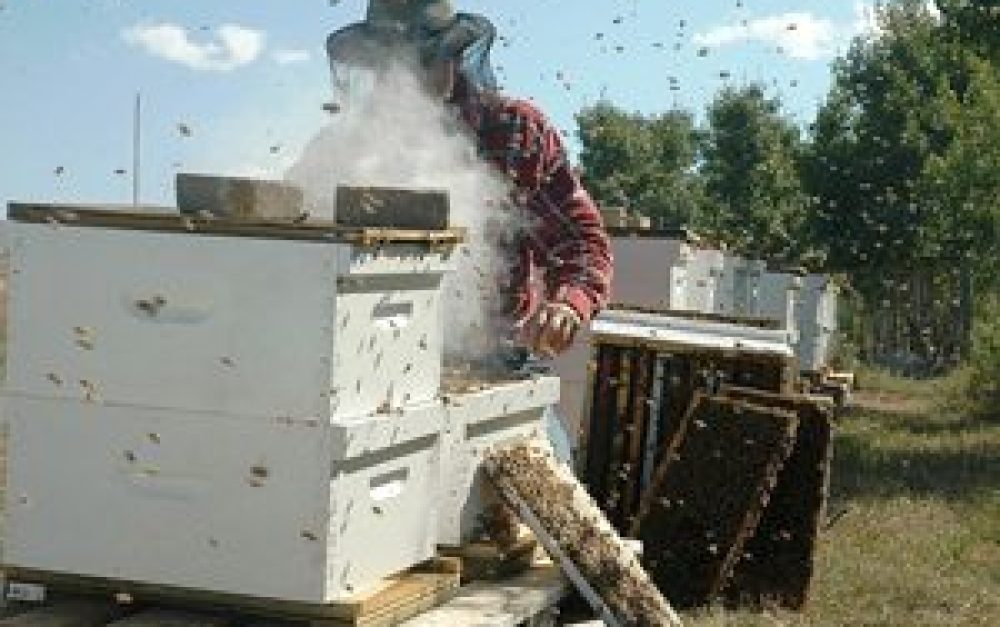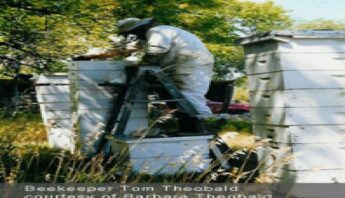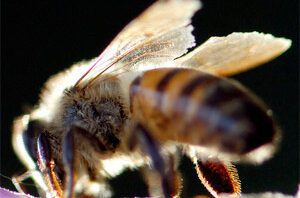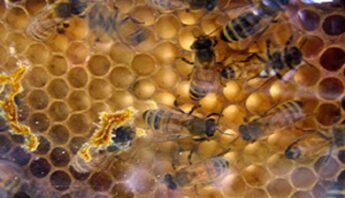Bees are an economic engine. At least that’s what I’d call something experts say is worth about $15 billion to our economy every year.
Last month at our annual convention, the California State Grange took a hard look at the issue of pollinators; their value, and the fact that today they are under threat. Last week, we followed up with a clear message for policymakers: Farm communities can't survive without bees. Let's protect our pollinators from pesticides. Today.
Farming is challenging in this country, without a doubt. It’s long days, hard work and usually not a lot of money. But as more and more people “buy local” for environmental and social reasons, and young people return to the farm, we have a grand opportunity to rebuild our food system, and with it, our economically depleted rural communities.
We also know that our food system is reliant on pollinators, especially honey bees, for continued production of many of the foods we like most — from pumpkins to cranberries, apples to almonds. Sounds a little bit like your Thanksgiving dinner, right? Well, it shouldn’t be surprising. One-in-three bites on our plates relies on pollinators.
Bees are in trouble
Enter the villain: colony collapse disorder (CCD). Most scientists agree it's due to a combination of pests, pathogens, poor diets and yes, pesticides. CCD means large losses for beekeepers each year.
One of the clearest culprits are neonicotinoid pesticides. Bayer Corporation has been at the forefront of marketing products like imidacloprid, commonly called “systemic pesticides.” They are taken up by the plant's vascular system into the leaves, fruit and leaves. Designed to be neurotoxic to insects, these chemicals seem to dramatically weaken the immune systems of bees and other pollinators.
As we look at sources of economic growth, let’s not throw away some of the most promising opportunities for rural communities. While pesticides may not be the solitary cause of the nationwide decline of honeybees, we know they play a part — and it's something we can do something about.
EPA needs to take this toxic product off the market and give rural communities and our bees a fighting chance.
Speaking out for pollinators
Three independent local Grange chapters — Sacramento, Santa Cruz and Sebastopol — all urged the state organization to take a stand for pollinators. In the end, we settled on one shared resolution from the California State Grange:
There is a national and international epidemic of Colony Collapse Disorder resulting in the perishing of thousands of commercial and private honeybee hives … The California State Grange and the National Grange will address Colony Collapse Disorder through written communication and in-person lobbying of the California Department of Pesticide Regulation, the USDA and the U.S. Environmental Protection Agency and communicate its opposition to the use of, and furthermore recommend a ban of, neonicotinoid pesticides.
And there you have it. We’re speaking out for pollinators — because they can’t do it for themselves and because they mean so much to the future of our food, farming, our rural communities and our health.
Bob McFarland is President of the California State Grange, the nation’s largest fraternal agricultural organization.







